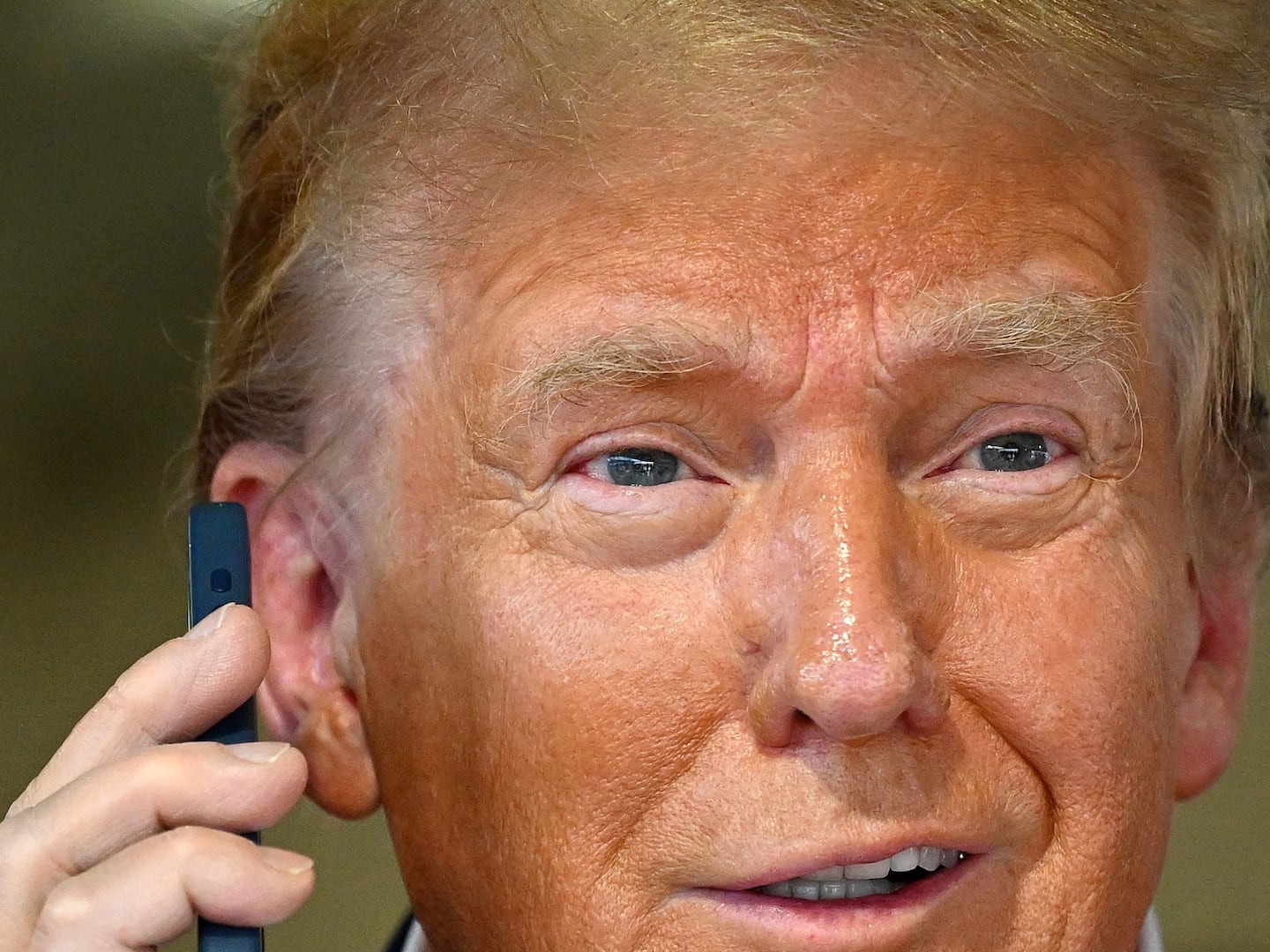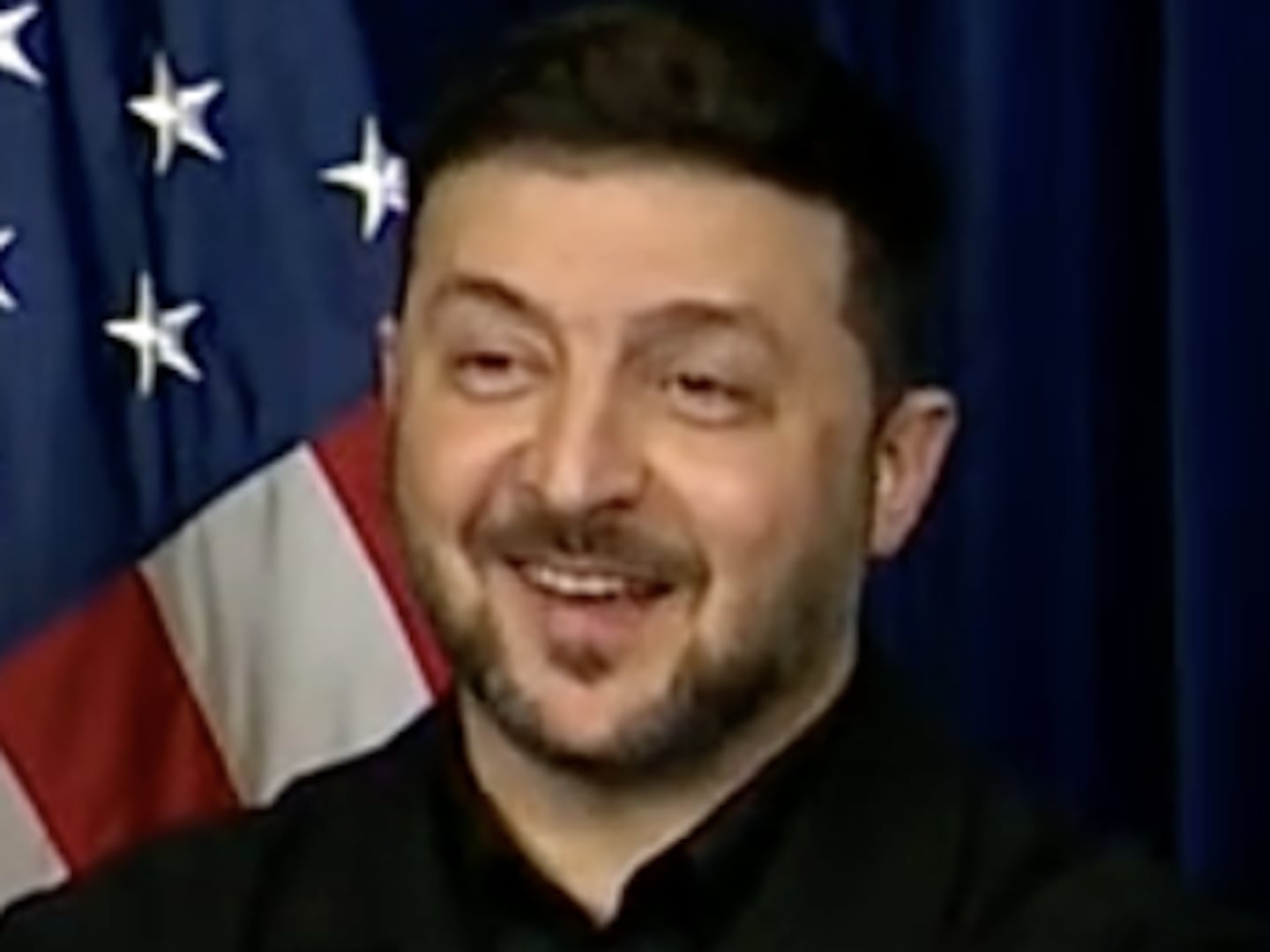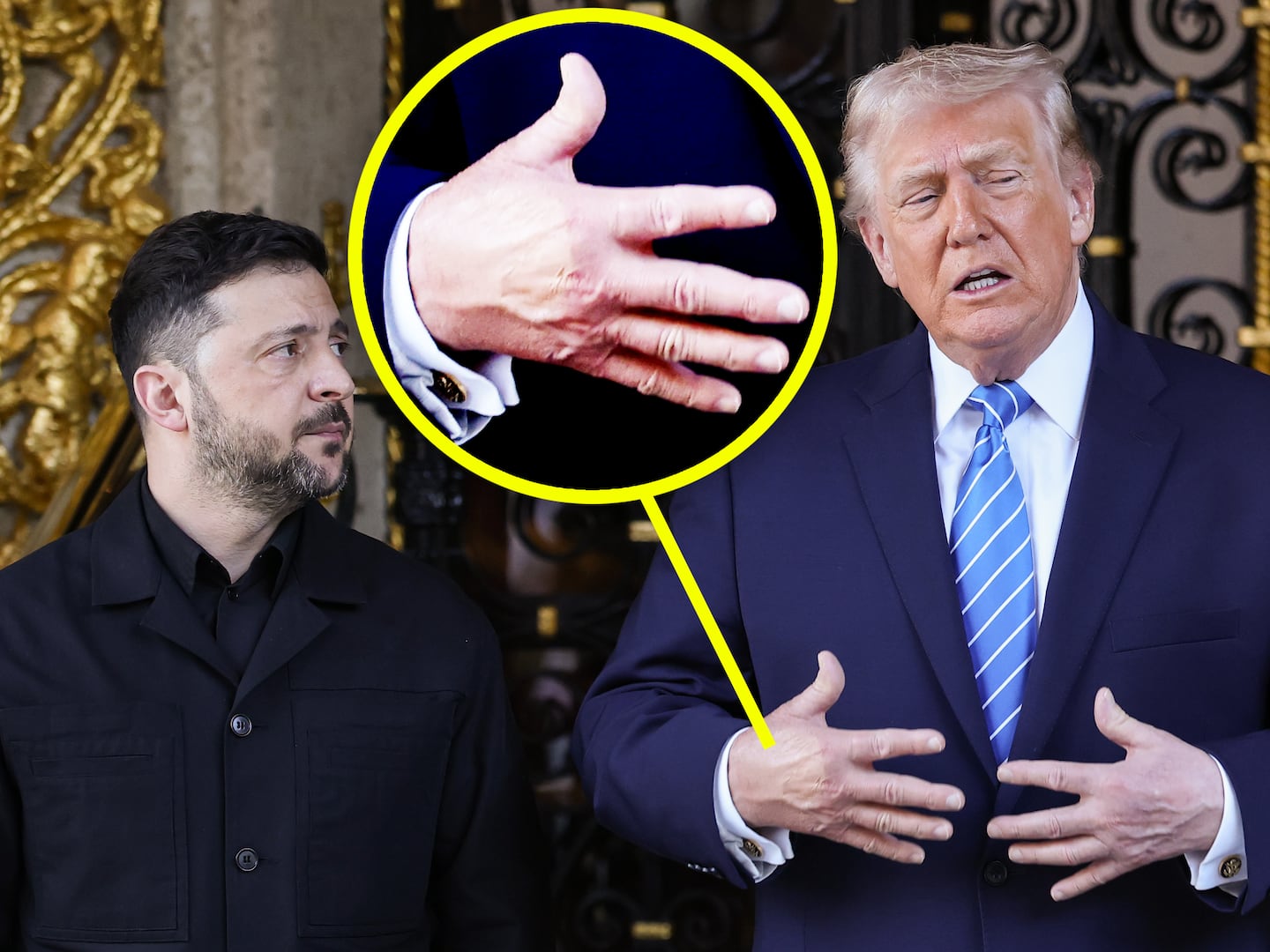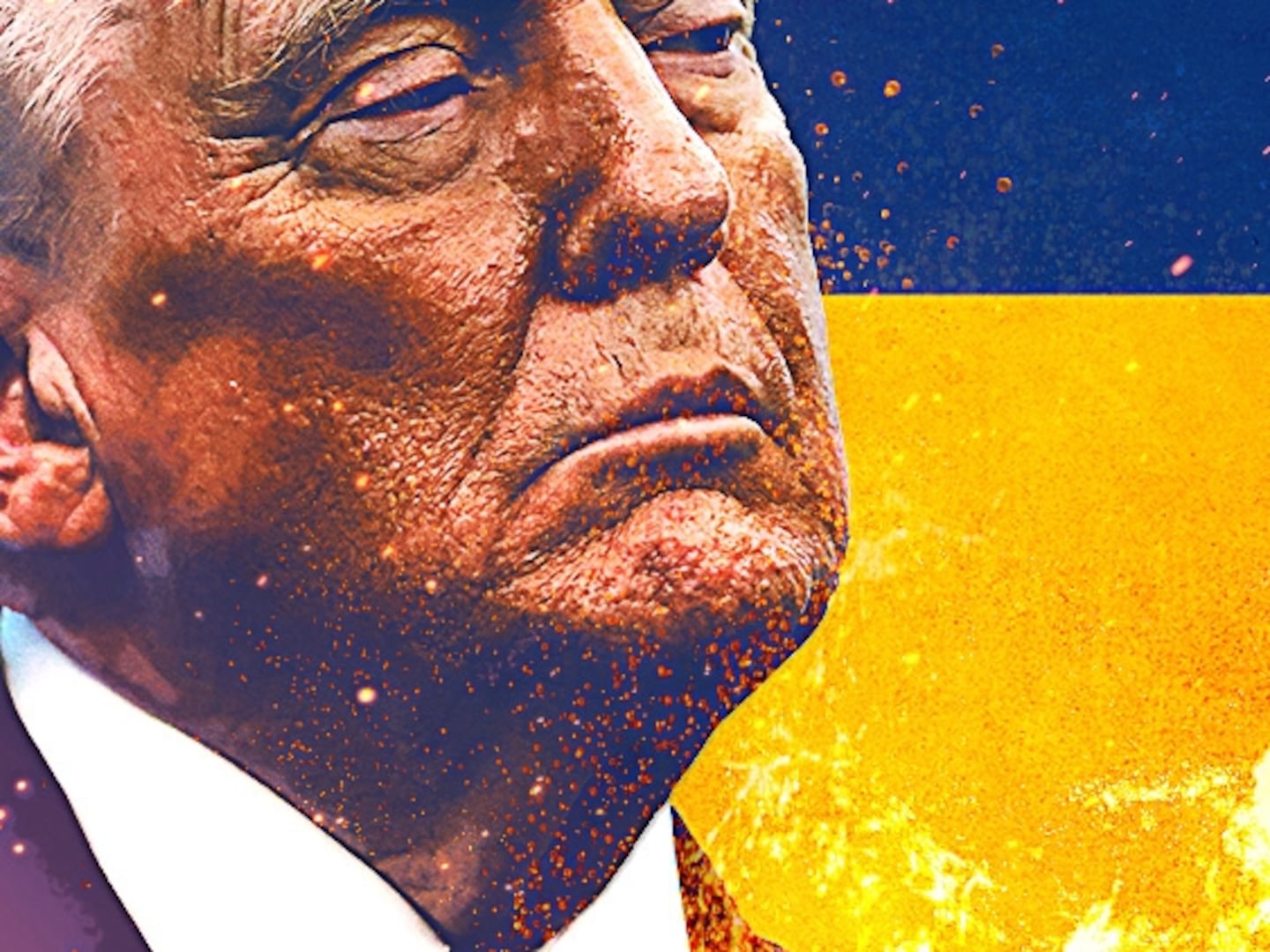
He had courage.
In 1985, Senator Ted Kennedy went to South Africa with the explicit purpose of giving strength to the anti-apartheid leadership in that country and creating news in the United States that would build support for stronger action by our government. He was accompanied by network television crews and reporters from major papers.
So over the course of the trip, they did all they could to make it a personal and political failure for Senator Kennedy.
The dictatorship was still strong, and South Africa was a police state, a secret police state. The dictatorship and the police knew what the senator was up to, and weren’t about to make it a simple photo op. So over the course of the trip, they did all they could to make it a personal and political failure for Senator Kennedy.
I was part of his advance team on that visit.
Our first sign of trouble came soon after leaving the airport in Johannesburg. Senator Kennedy was going to spend the night at Bishop Tutu’s house in Soweto. We had a small motorcade—the senator’s car, a press bus, and some South African police escorts, there supposedly to protect us and deal with logistics. What we didn’t have was any way to talk to our staff already at the bishop's house.
About halfway there, the police had us stop along the side of the road and told us that the situation around the bishop's house was too dangerous for us to proceed, that we would be jeopardizing our personal safety and the media's safety if we continued. Senator Kennedy decided to send the press back to the hotel, but that he would go on, and keep his promise to Bishop Tutu. And he did. And when he arrived, the only crowds there were hundreds of neighbors greeting him with cheers. But the police got half their loaf. There was no photo op that night, no pictures at all.
Another day we had a meeting with opposition leaders in an office building in a commercial district. When we arrived there were “protesters” blocking the door. Our police escorts took me aside and were all too happy to volunteer to make a path for us through the crowd—their crowd actually—by force. Batons and water hoses were there and at the ready. Another consultation with the senator, and another decision to do what we were there to do. We denied the offers of help, and the senator simply walked through the crowd and had his meeting.
We had incidents like this almost every day. And the senator's reaction was the same. We kept to the schedule and he did his job.
A few months later, the Senate passed sanctions against the South African government.
My phone rang that night at home. It was Senator Kennedy calling to thank me, and I'm sure he also called all the other staff who helped on that trip.
It was typical Kennedy.
He had courage and conviction. He got results. And then he did his politics.
That’s why many of us who worked for him, as I first did 30 years ago, had a tremendous respect for him and a fierce loyalty to him, and feel so sad on his passing.
Leslie Dach, executive vice president of corporate affairs and government relations for Wal-Mart Stores, is a former Democratic Party operative who worked for Ted Kennedy as an advance man.






